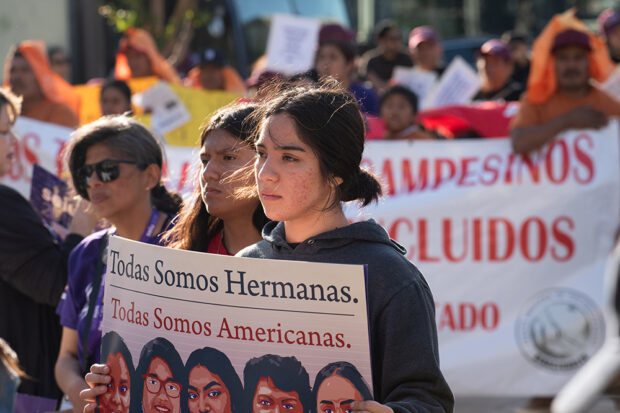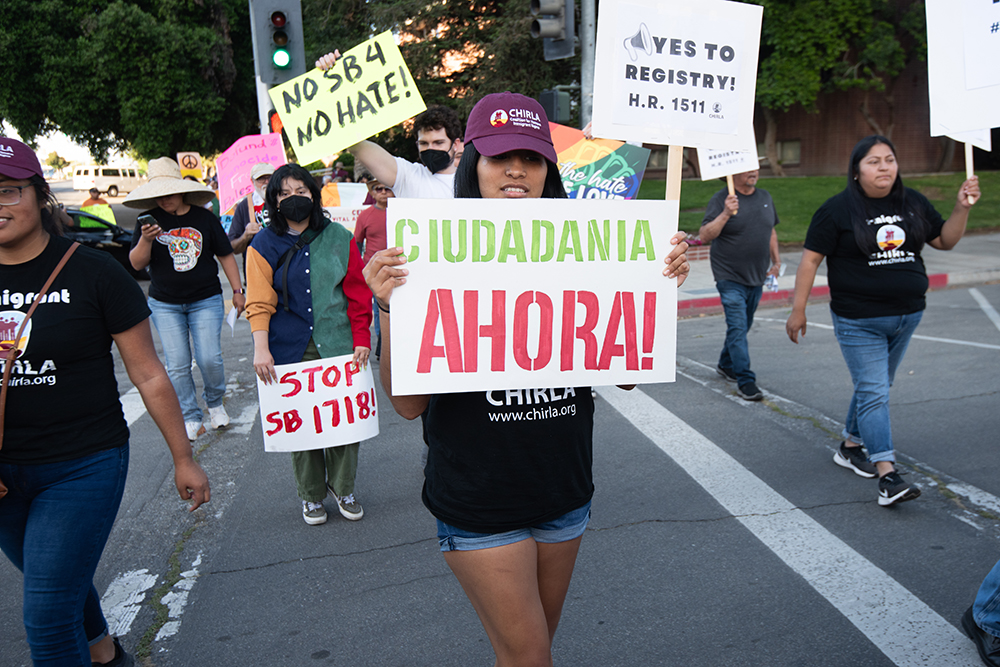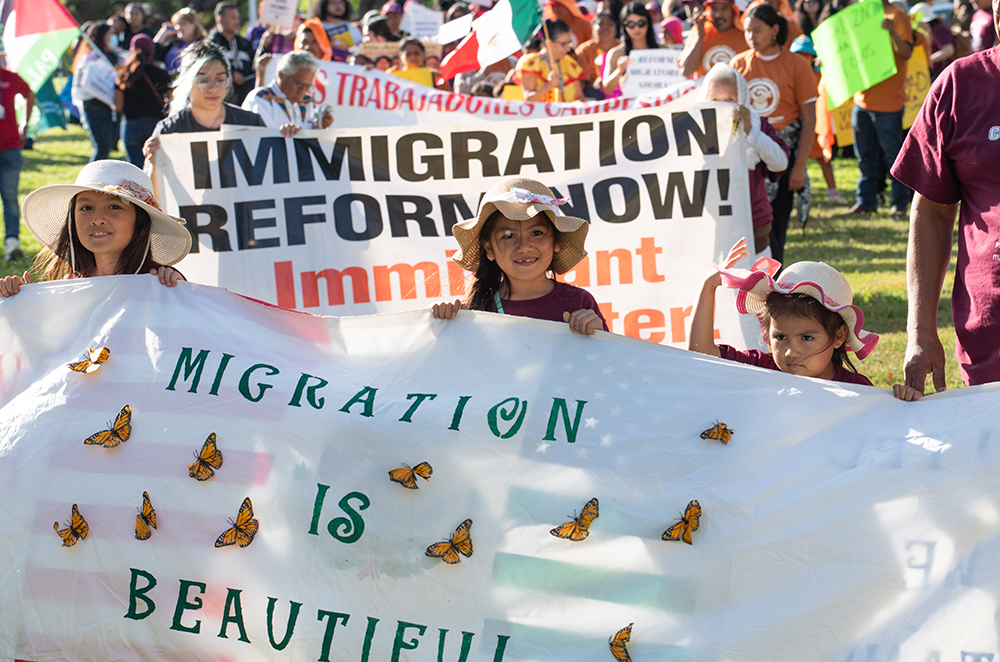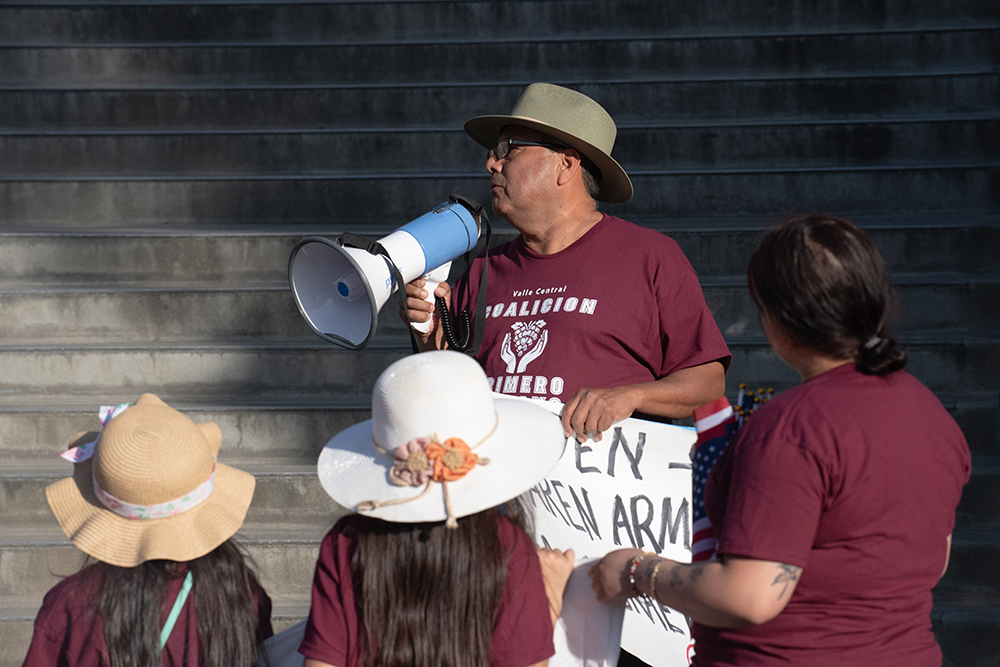
International Workers’ Day is celebrated in more than 100 countries on May 1. However, the United States does not recognize it as an official holiday. Instead, the United States has its own version, Labor Day, celebrated in September, which is odd considering that May 1 was chosen specifically because of a workers’ strike in Chicago.
During the height of the Industrial Revolution, men, women and children experienced dangerous working conditions and insanely long hours. Fighting for their rights, the Federation of Organized Trades and Labor Unions (now the American Federation of Labor) held a convention in Chicago (1884) and declared that eight hours constituted a legal work day effective May 1, 1886.
As you might imagine, the exploitative wealthy factory owners were not easily persuaded. Therefore, on May 1, 1886, more than 300,000 workers (40,000 in Chicago) from thousands of businesses across the country walked out of their jobs, engaging in rallies and marches, with several thousand more joining in the following days.

Although many of the marches were peaceful, passions were high and baton-swinging cops did not bring solutions. At a May 3 rally in Chicago, police killed six unarmed protestors and injured many more.
To protest the violence against workers by the police, protestors met the next day for a Haymarket Square rally. Police arrived. Tensions rose. A bomb exploded. Seven police officers and eight civilians were killed.
Later, eight protestors were labeled “anarchists” and convicted in a now controversial trial, as there was no proof they had anything to do with the bomb. One killed himself, four were hung and the rest were pardoned six years later.
In 1889, an international federation of socialist groups and several unions declared May 1 as International Workers’ Day in honor of the Haymarket riot and the lives lost.
Uneasy with the socialist origins of International Workers’ Day, President Grover Cleveland made Labor Day an official holiday on the first Monday of September. In this way, he could distance the celebrations and disconnect the American holiday from its own history.
Recent International Workers’ Day celebrations now include immigrant workers, whose struggles are often overlooked. According to the Pew Research Center, there were an estimated 1.85 million undocumented immigrants living in California as of 2021.

Immigrants work, live next to you, send their kids to school and pay taxes—without benefiting from the system they contribute to. Immigrant workers cannot retire; nevertheless, they experience more injuries than the homegrown workforce and are less likely to report injuries or abuse under fear of their employers retaliating and being deported.
In Fresno, the Primero de Mayo Coalition holds a march every year to commemorate this important day in history and march for the continuing struggles that immigrant workers face. Workers’ rights are also immigrant rights, just as human rights are immigrant rights.
The Primero de Mayo Coalition has been marching on May 1 for several years. The coalition includes various Fresno organizations (e.g., CHIRLA and SIREN) that work to further immigrant rights and immigration reform.
This year, the coalition successfully pushed for an official City of Fresno proclamation that recognizes May 1 as Immigrant Workers’ Day in Fresno.
The coalition held a march and citizens fair on May 1 at Eaton Plaza. Several local organizations, including The Fresno Center, the Education and Leadership Foundation and Poder Latinx, tabled at the event with the intent to serve the community with resources such as help with immigration and voting registration. Dozens of community members joined the march holding up signs and chanting in support of immigrant workers and Palestine.
Many of the signs referenced the racism behind SB 1718 and SB 4. SB 1718 is a Florida law signed by Governor Ronald DeSantis that criminalizes traveling across state lines with undocumented people—even if they are your family. Meanwhile, SB 4 essentially bans sanctuary cities in Texas.

Marchers went from Eaton Plaza to City Hall, around Courthouse Park, the Sheriff’s Office and the Immigration and Customs Enforcement (ICE) office. As they made their way, they chanted for workers’ rights, immigration reform and a ceasefire in Palestine. They also called out to Biden and several local leaders for much needed change.
At the end of the march, everyone reconvened at Eaton Plaza and enjoyed entertainment by native dancers before short speeches and personal stories of workers, immigrants and Palestinian advocates.
“The immigration fight is a means, not an end…The march is for encouragement,” says Leonel Flores, the coalition’s coordinator.
“The march is to plan so that cities, counties and the state [will] recognize the rights of the immigrant community—not just proclamations and recognitions, but through change. We believe immigration reform starts locally.”
